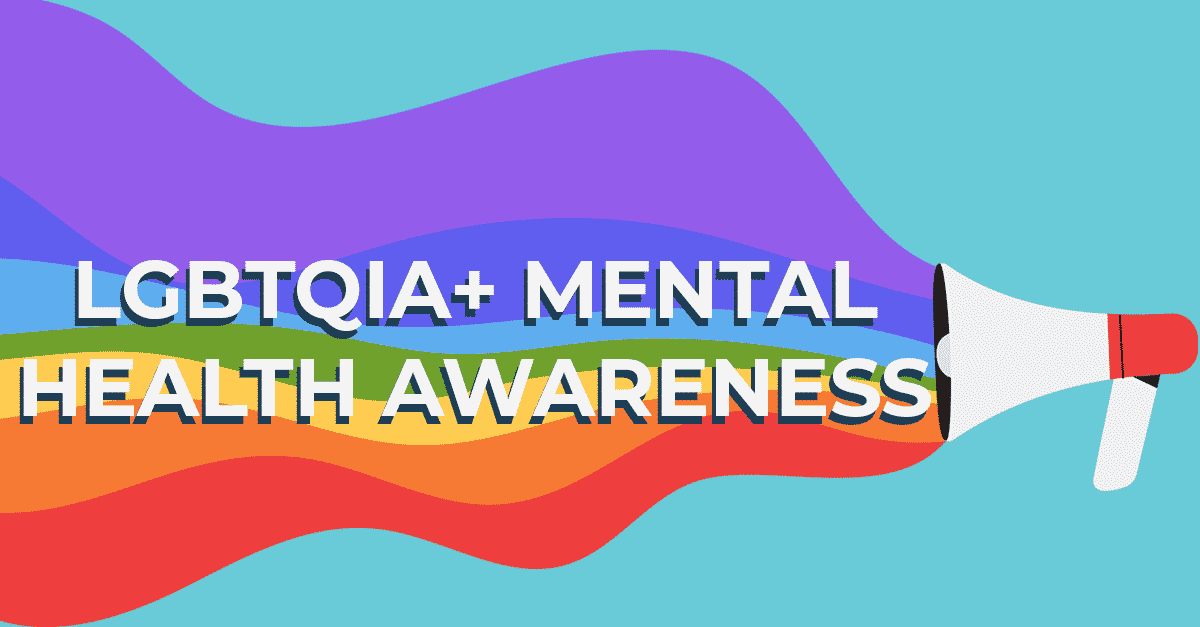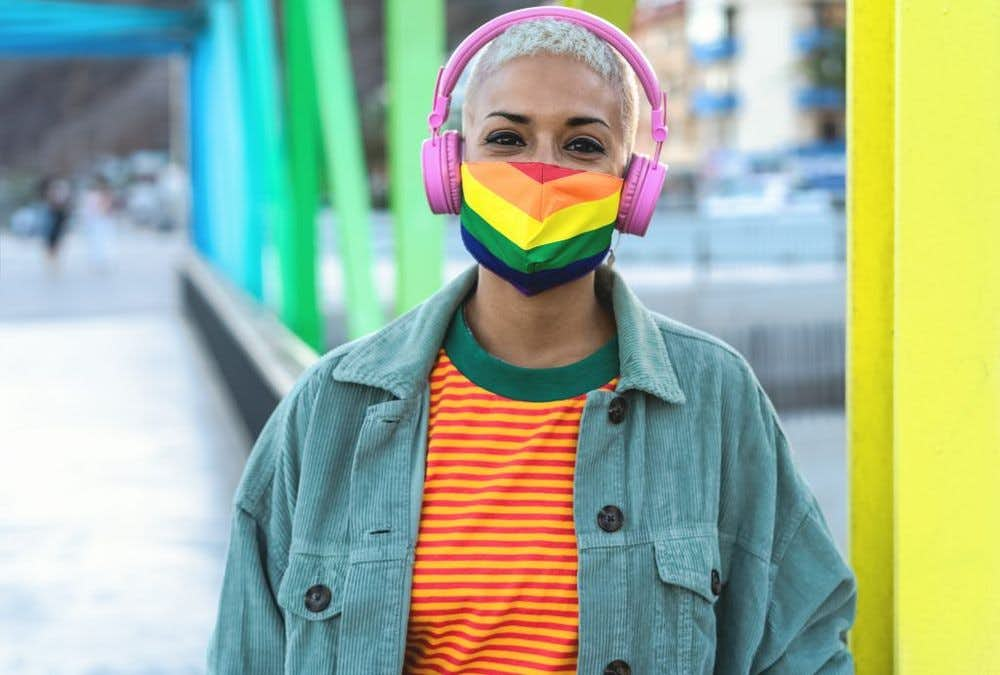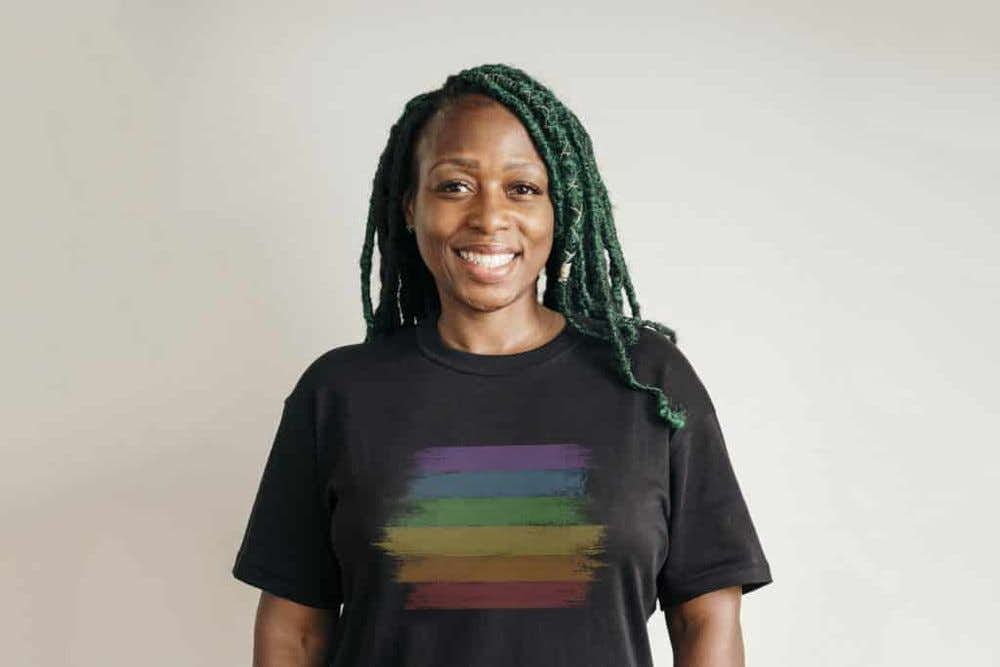June 3rd, 2021

June is Pride Month. A time for our LGBTQIA+ community members to celebrate individuality, acknowledge those who came before us, and pave the way for those after.
While our community has made tremendous strides in regard to legislative changes, healthcare equality, and workplace discrimination, the rights of LGBTQIA+ community members remain jeopardized.
Microaggressions, institutional discrimination, and physical violence are real threats faced by our community. So let’s talk about these issues and how they affect mental health.
Addressing mental health concerns in the LGBTQIA+ community is crucial. According to Joe Kort, Ph.D., LMSW, there are many adverse behavioral outcomes for LGBTQIA+ individuals, who report significant trauma, bullying, or abuse.
These individuals are more susceptible to developing mood disorders, experience disordered eating habits, engage in habitual substance use, and exhibit higher rates of self-harm and suicide attempts.
In addition, these individuals are less likely to seek behavioral healthcare services out of fear of being judged or mistreated.

In recent news, many states have begun to propose anti-transgender legislation that directly affects transgender individuals, particularly transgender youth. Preventing them from receiving safe and essential gender-affirming healthcare in addition to banning them from sports participation or utilizing gender-specific locker rooms and/or restrooms.
Apart from prohibiting individuals to receive quality healthcare, these laws also affect the mental health and well-being of the individuals directly affected.
According to a report published by Priya Krishnakumar, and CNN on April 15, 2021, healthcare professionals fear that this vulnerable population will exhibit increased rates of suicide attempt and completion as more anti-transgender legislation pass. Of note, this population is already prone to a higher risk of suicide.
Addressing mental health concerns in this population is of the utmost importance.

Institutional discrimination serves as a real stressor for many individuals. Nearly a year ago the push to implement institutionalized discrimination, which would allow companies to fire individuals based on sexual orientation or gender identity, was a real threat to the LGBTQIA+ community.
The constant fear of losing their source of income or being a victim of a hate crime while at work, simply for expressing their true self sent many individuals into a dark place.
Symptoms of anxiety and panic, as well as depression, were and still are affecting the lives of LGBTQIA+ individuals.

Written By: Mitchell Forbes, PA-C
At Clarity Clinic, we have highly trained staff who specialize in psychotherapy and psychiatry services. To learn more about how we can support your mental health, call Clarity Clinic at (312) 815-9660 or schedule an appointment today.
Our Services
Virtual/Online CarePHP and IOPAdult PsychiatryChild & Adolescent PsychiatryAdult TherapyChild & Adolescent TherapyCouples CounselingFamily TherapyGroup TherapyPsychological TestingTranscranial Magnetic Stimulation (TMS)